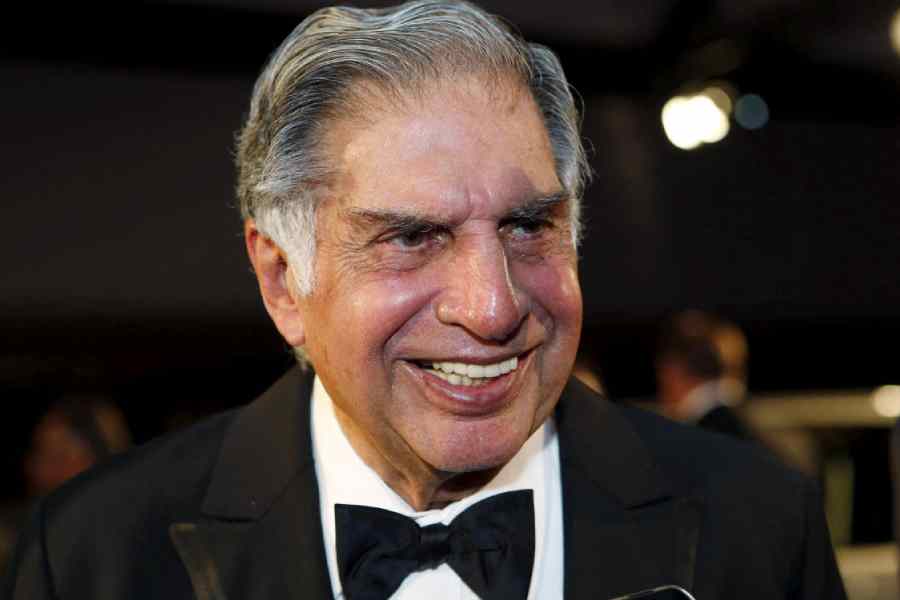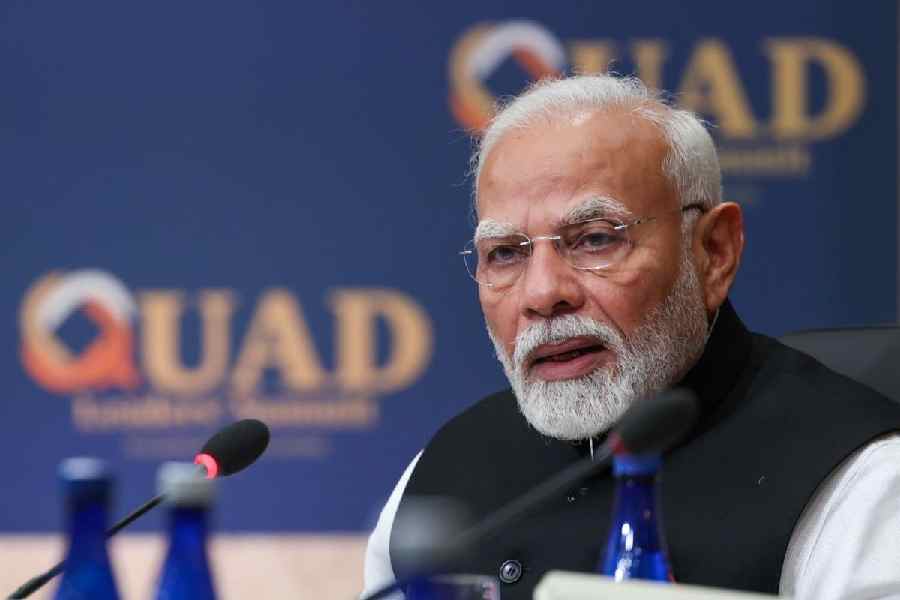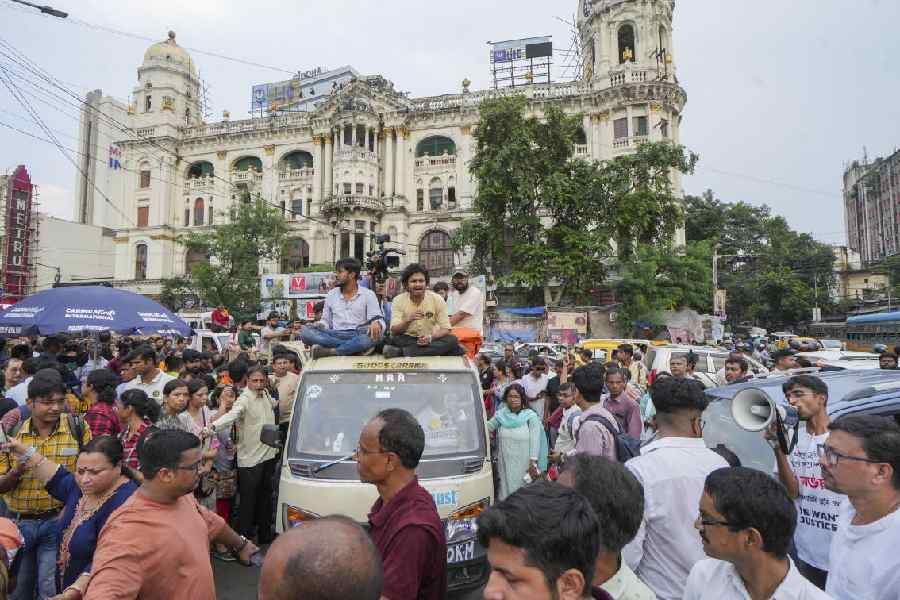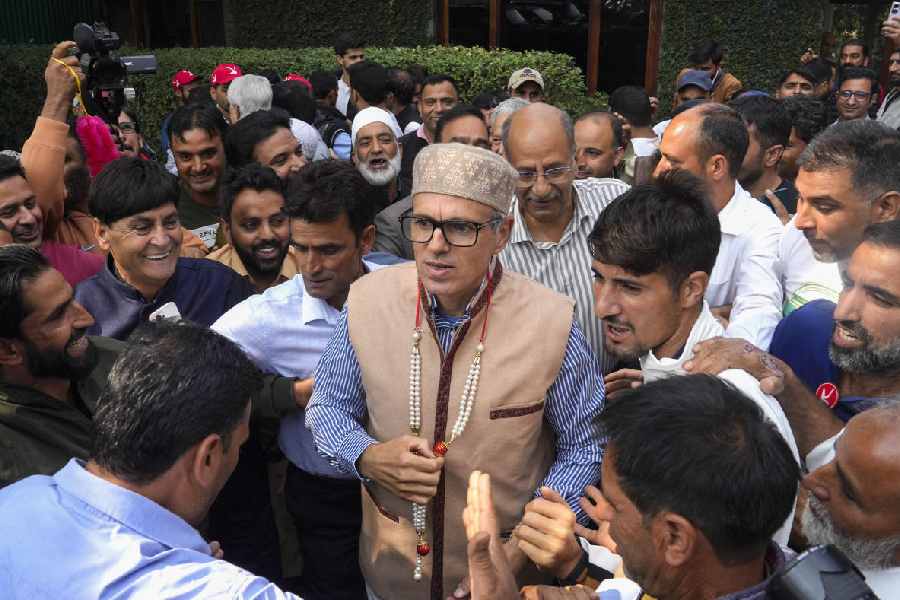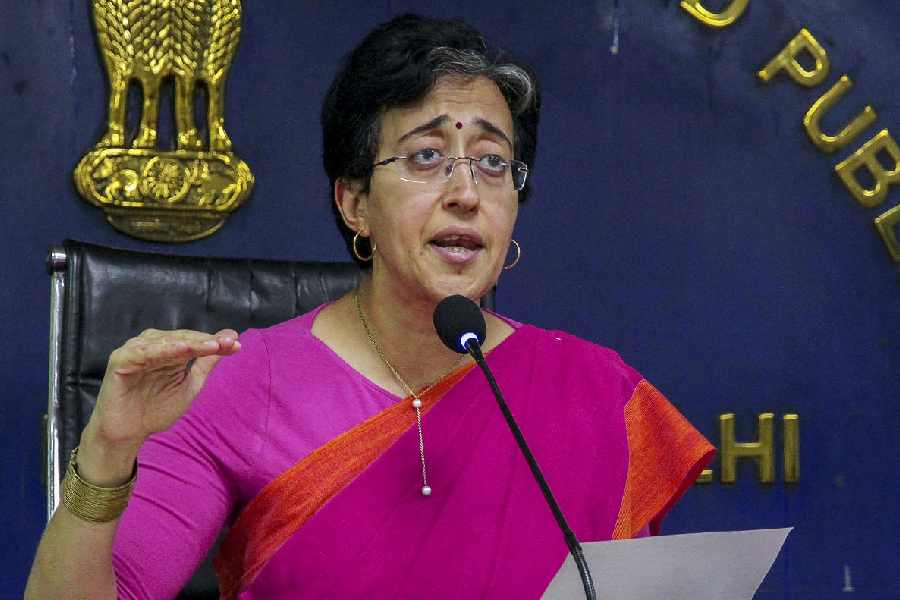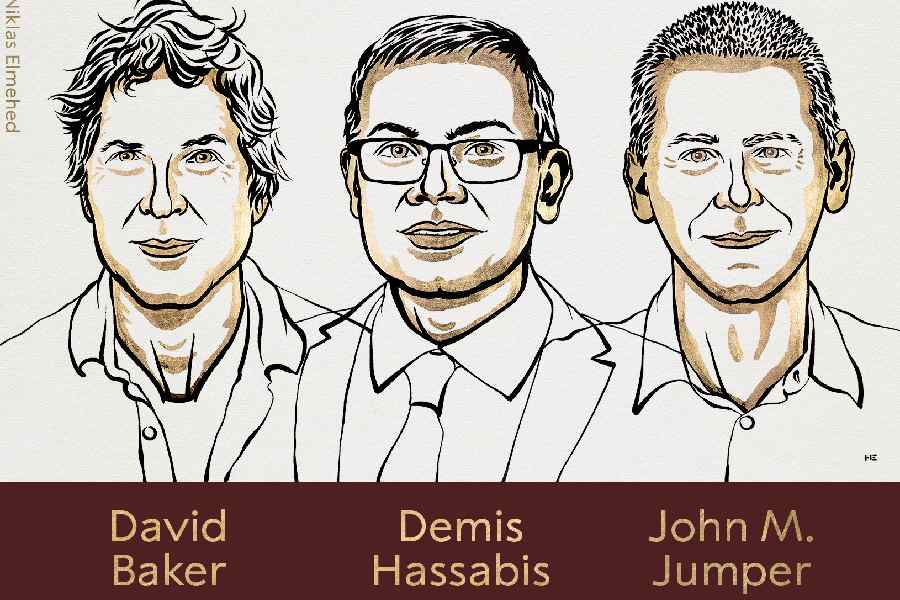Ratan Tata, chairman emeritus of Tata Sons, passed away on Wednesday at Mumbai’s Breach Candy hospital after being admitted into its intensive care unit just a day ago. He was 86.
Ratan Tata ran Tata Sons — the holding company of the $165-billion Tata group — for more than 20 years before retiring in 2012.
“It is with a profound sense of loss that we bid farewell to Mr Ratan Naval Tata, a truly uncommon leader whose immeasurable contributions have shaped not only the Tata Group but also the very fabric of our nation,” Tata Sons chairman N. Chandrasekaran said in a late-night statement.
“For the Tata Group, Mr Tata was more than a chairperson. To me, he was a mentor, guide and friend. He inspired by example. With an unwavering commitment to excellence, integrity and innovation, the Tata Group under his stewardship expanded its global footprint while always remaining true to its moral compass,” Chandrasekaran said.
“His legacy will continue to inspire us as we strive to uphold the principles he so passionately championed,” the Tata group chairman added.
Mukesh Ambani, chairman of Reliance Industries, said: “It is a very sad day for India and India Inc. Ratan Tata’s passing away is a big loss, not just to the Tata Group, but to every Indian.”
“At a personal level, the passing of Ratan Tata has filled me with immense grief as I lost a dear friend. Each of my numerous interactions with him left me inspired and energised and enhanced my respect for the nobility of his character and the fine human values he embodied.”
Ratan Tata assumed the role of chairman of Tata Sons in 1991.
He famously broke with predecessor J.R.D. Tata’s style of governance of a large, unwieldy conglomerate where satraps such as Russi Mody and Sumant Moolgaokar crafted the growth strategy at Tata Steel and Tata Motors — the Tata twins that they ran like personal fiefdoms.
In January 2012, when he announced his retirement at a hurriedly convened meeting of editors from various news organisations, Tata said: “J.R.D. Tata wasn’t the chairman of the top companies within the group. Sumant Moolgaokar, for example, headed Telco (now Tata Motors). I, on the other hand, chose to head all the major companies.”
The move to consolidate control over the Tata group triggered a war of egos and the eventual elimination of the satrap regime at the Tata group that had grown out of a private trading firm established in 1868 by Jamsetji Nusserwanji Tata.
Ratan Tata was born on December 28, 1937, into the prominent Tata family as the son of Naval Tata and Sooni Tata.
He completed his primary education in Mumbai before continuing his studies at Cornell University, where heobtained a degree in architecture and structural engineering.
Later, Tata attended Harvard Business School for an advanced management programme. He joined the Tata Group in 1962.
His tenure as the Tata chieftain was punctuated by spectacular highs and lows.
He propelled Tata Motors to produce passenger vehicles with the launch of the Sierra in 1991 and then went on to build the Indica, which was the first indigenously produced passenger car.
He acquired Corus (formerly British Steel) in 2007 by paying $12 billion for what was then the fifth largest steelmaker in the world — and then bought Jaguar Land Rover from Ford Motor Company for $2.3 billion.
The acquisitions were part of a group strategy to establish a global footprint — and there will always be a debate over how successful it would eventually prove to be.
He was embroiled in several controversies: the first broke out when he overrode his executives and accepted then Bengal chief minister Buddhadeb Bhattacharjee’s invitation to set up the Nano car project in Singur.
The Nano project ran into trouble right from the start with Mamata Banerjee mounting a strident campaign against the car project because the state government had acquired land from farmers for a pittance.
Tata eventually had to withdraw from Bengal and opted to house the car project in Gujarat.
At the height of the strife at Singur, Tata had said an industry group had ignited the hostilities against the Nano project.
Pressed to name the group now, Tata said: “We will name it when the time is appropriate. The source of the trouble is known; more facts will emerge as time goes on.”
Perhaps, the answer to that question will never be known.

